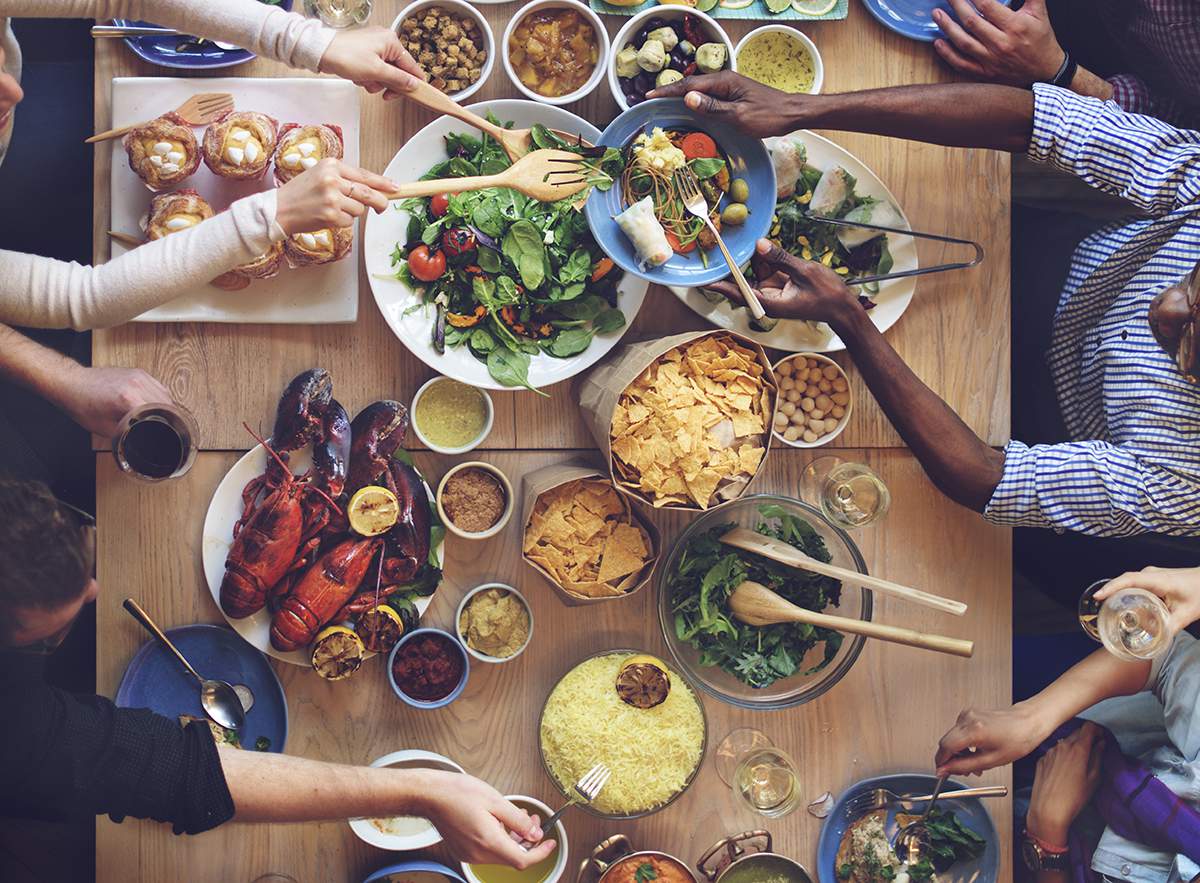SERVING UP A STORM
What the sharing economy has done to accommodation and transport, it is now doing to food and fine dining.
Peru has been top of my wish-list for many years, and while the country’s stunning landscapes and rich Inca heritage were an obvious attraction, my main motivation to fly for nearly 13 hours from London to Lima was the country’s food.
 The country may be seem quite remote for those of us in Europe or North America, but its cuisine has been undergoing a steady rise in popularity in big cities around the world. With a heavy emphasis on fresh produce, unique flavours and local ingredients, Peruvian food (and drink) really does stand out as one of the world’s finest.
The country may be seem quite remote for those of us in Europe or North America, but its cuisine has been undergoing a steady rise in popularity in big cities around the world. With a heavy emphasis on fresh produce, unique flavours and local ingredients, Peruvian food (and drink) really does stand out as one of the world’s finest.
By designing my trip around opportunities to try as many different foods in as many different settings as possible, I joined the many millions of travellers globally who are putting food at the centre of their travel plans. This megatrend has certainly caught on around the world, to the extent that in its 2016 Megatrends report, Skift declared food as ‘the leading hook in travel’.
 Increasing numbers of destinations and travel businesses are responding to this demand by using food to transform their brand image: just think of Copenhagen’s promotion of Danish cuisine on the back of the top-rated restaurant Noma, or the many airlines that are upgrading the food and drink they offer on board, flying dedicated chefs between continents to keep their customers happy and well-fed. Brand transformations and new food-tourism concepts are springing up on a daily basis, all fuelled by mobile devices, P2P platforms and social media. Events that bring new places to eat and drink to the fore, such Dine Athens Restaurant Week by Diners Club (a recent project managed entirely by Toposophy) bring locals and visitors together to share new food concepts every day. With so much going on, it can be hard to keep track of it all!
Increasing numbers of destinations and travel businesses are responding to this demand by using food to transform their brand image: just think of Copenhagen’s promotion of Danish cuisine on the back of the top-rated restaurant Noma, or the many airlines that are upgrading the food and drink they offer on board, flying dedicated chefs between continents to keep their customers happy and well-fed. Brand transformations and new food-tourism concepts are springing up on a daily basis, all fuelled by mobile devices, P2P platforms and social media. Events that bring new places to eat and drink to the fore, such Dine Athens Restaurant Week by Diners Club (a recent project managed entirely by Toposophy) bring locals and visitors together to share new food concepts every day. With so much going on, it can be hard to keep track of it all!That’s why TOPOSOPHY was invited to give a keynote presentation on food, tourism and technology at this year’s edition of London Technology week, in association with ETOA’s CityFair. Two days after returning from bustling Lima, I joined our Managing Director Manolis at the Barbican Centre in the City of London event to put all of these latest developments into context and explain to the audience of over 100 tech investors and DMOs where food tourism has come from, where it’s headed next and why they urgently need to get involved (see my presentation here)
As I explained, it’s time to come to terms with the fact that, just as with accommodation and transport, more and more individuals are starting to offer services and experiences directly to visitors, bypassing traditional tourism businesses such as bars and restaurants. Examples include meal-sharing platforms such as Withlocals or Eatwith, but there are many other platforms offering other concepts that connect travellers with food and drink. Just as we’ve seen with accommodation, the rapidly-growing numbers of travellers who go to strangers’ houses for dinner do it not for the novelty, but because they see it as part of their way of life. Consumers are also increasingly interested in their own diet, fitness and where their food comes from. These provide just a few reasons why this phenomenon is here to stay.

If increasing numbers of travellers are buying experiences directly from local people, and discovering the destination through the eyes of a local, then doesn’t it make sense for destination management and marketing authorities to get involved? Local people are rapidly becoming part of the destination’s brand and are taking on the promotion themselves.
While we believe that this is definitely something to be celebrated, it does raise some difficult questions over the role of local authorities in formally involving these local people in their destination marketing and management, as well as how they can ensure quality and safety for visitors. We understand that these are big questions to handle for DMOs that are short on time and resources, especially since the world of P2P platforms, their listings and partnerships grow and change so quickly.
To help answer these questions, last month TOPOSOPHY in partnership with European Cities Marketing produced a free, practical guide for DMOs on how to successfully integrate sharing economy services into what they do, and use it as a tool for improving how they manage destinations. It also gives tips on how to form partnerships with existing platforms, something which can potentially cause conflict with ‘traditional’ tourism service providers if not handled properly.
With this in mind, here’s a summary of my advice to the CityFair audience in London:
- Get involved: The sharing economy is here to stay, and consumers are rapidly converting to using the many services on offer. It’s in your interest and theirs to join the conversation.
- Do an audit: Do a deep analysis of P2P platforms to understand how your destination is being promoted by local people, and how this fits (or not) with what you’re already doing
- Set your policy goals: Thinking beyond tourism, what are your organisation’s policy goals for local people, and how can you use P2P platforms to help support these through providing tourism services?
- See the sharing economy as a useful management tool: Check out our detailed infographic to discover how the sharing economy can boost the visitor experience, as well as improving city management and local social cohesion.
- Build partnerships based on your goals: Work with platforms and partners that are aligned with the policy goals (note: they’re not always directly linked to tourism experiences) that your organisation wants to achieve. It’s fundamental to put local people first.
- See tech as a way of putting your local cuisine on the world stage: Whether through events such as the Restaurant Week we ran in Athens or working with tour-guide apps to bring people to specific places, tech is providing a window for something that’s unique to your destination: the food, drink and the people who create it.

COMMENTS